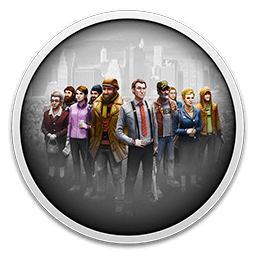
During that same time period, these employment measures have remained stable or even improved for Americans in the prime working age group of 25–54, indicating that the youth-employment problem cannot be attributed solely to a worsening economy. Over the past several decades, employment and labor-force participation among Americans ages 16–24 have declined, while the unemployment rate for this group has risen. Even prior to the Great Recession, young people had a hard time in the labor market, and their employment situation has worsened since. What’s more, trends in employment and unemployment rates since World War II indicate that the labor market is becoming even less friendly to young workers. Today’s young Americans face the worst employment prospects in recent history. job market for teens and young adults? Youth unemployment is at a historic high We will show that the employment prospects for young Americans are dismal by both historical and international comparisons, and we will explore in detail the costs associated with our current levels of youth unemployment in terms of lost earnings, slower economic growth, and greater taxpayer burden.

In this issue brief we make the case that the United States has a serious youth-unemployment problem that will cost us dearly in the long run. But the problem of youth unemployment is especially pernicious, and as such it deserves special attention from lawmakers. To be sure, getting our economy back on track will require getting people of all ages back to work. economy will feel the loss of aggregate demand in the form of slower growth and less job creation. As a consequence of the prolonged unemployment of Millennials, the U.S. These young Americans-referred to as Millennials-will increasingly be forced to delay moving out of their parents’ homes, struggle to make payments on ballooning student-loan debt, and fail to save adequately for retirement. The economic consequences of these lost wages to individuals and to the broader economy are serious. This equates to about $22,000 per person. Building on this research, we estimate that the nearly 1 million young Americans who experienced long-term unemployment during the worst of the recession will lose more than $20 billion in earnings over the next 10 years. Research shows that workers who are unemployed as young adults earn lower wages for many years following their period of unemployment due to forgone work experience and missed opportunities to develop skills. According to a new analysis by the Center for American Progress, young Americans will lose a staggering $20 billion in earnings over the next decade. And even when this group eventually starts earning a paycheck, the impact of their unemployment will follow them for years. While others have slowly returned to work, the unemployment rate for Americans ages 16–24 stands at 16.2 percent, more than double the national rate of unemployment.

Nearly everyone has struggled in the wake of the Great Recession, but young Americans have suffered the most.


 0 kommentar(er)
0 kommentar(er)
